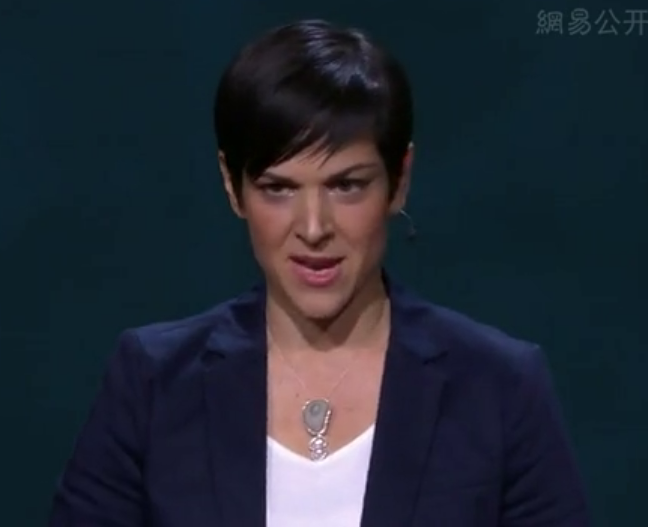That year, the country was coming out of civil war.
那年,哥斯达黎加刚从一场内战中解脱。
Thousands of Costa Ricans had died, and families were bitterly split.
成千上万的哥斯达黎加人死于战乱,一个个家庭支离破碎,人们流离失所。
And yet, a surprising idea won the hearts and minds:
然而,一个令人惊讶的想法得到了大家的支持:
we would reboot the country, and that Second Republic would have no army. So we abolished it.
我们要让国家重新繁荣起来,而且第二共和国将不会有军队。所以我们废除了军队。
And the president at the time, José Figueres,
当时的总统,何塞·菲格雷斯,
found a powerful way by smashing the walls of an army base.
还通过敲碎军队基地的墙壁来表达坚毅与决心。
The following year, 1949, we made that decision permanent in the new constitution,
接下来的一年,1949年,我们把这个决定写进了我们的宪法里,将它永久地保留下来,
and that is why I can tell you that story nearly 70 years later. And I'm grateful.
这也是为什么我能在将近70年后跟你们讲这段故事。我很感激。

I'm grateful they made that decision before I was born,
我很感激他们在我出生之前,做了这个决定,
because it allowed me and millions of others to live in a very stable country.
因为这个决定让我和百万名哥斯达黎加的百姓生活在一个非常安定的国家里。
And you might be thinking that it was good luck, but it wasn't.
你有可能觉得这只是好运气,但这并不是。
There was a pattern of deliberate choices.
这一切都是因为一系列经过深思熟虑的决定。
In the '40s, Costa Ricans were given free education and free health care.
在上世纪40年代,哥斯达黎加人可以免费上学,享受免费医疗。
We called that social guarantees.
我们把这些叫做社会保障。
By abolishing the army, we were able to turn military spending into social spending,
废除了军队,让我们能够把庞大的军事消费用在社会保障上,
and that was a driver of stability.
而这就是我们国家稳定的基石。












